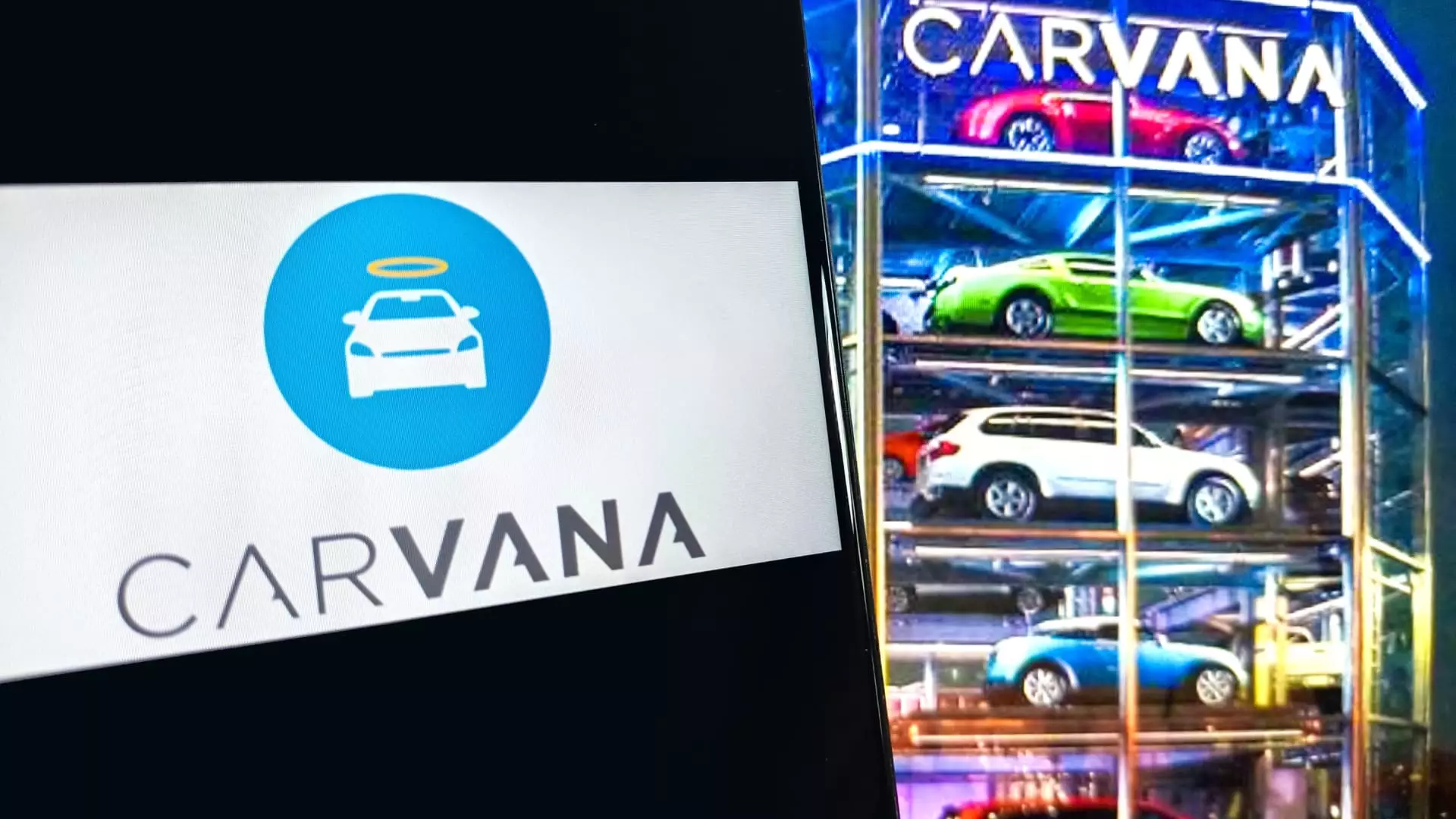Hindenburg Research’s recent report against Carvana has sparked significant controversy and debate in the investment community. The report positions the online used-car retailer’s positive financial outlook as a mere facade, highlighting concerns centering on questionable financial practices and potential conflicts of interest involving the Garcia family. The allegations present a narrative that points to troubling aspects of Carvana’s reported turnaround, suggesting that the progress is less sustainable than previously believed. Hindenburg’s claims focus on $800 million in dubious loan sales that are supposedly linked to undisclosed related parties, raising red flags about the company’s transparency and integrity.
The immediate repercussions of these allegations were evident as Carvana’s stock experienced a downturn of approximately 3% following the report. Nevertheless, it is crucial to contextualize this within the larger framework of Carvana’s phenomenal stock performance in 2023, which had seen a remarkable near 400% increase driven by a strategic turnaround plan orchestrated by CEO Ernie Garcia III. This rise can be attributed to successful cost-cutting measures and improvements in operational results, yet Hindenburg’s allegations have cast a pall over these achievements, suggesting that investors should approach the situation with caution.
A significant element of the report involves the tight-knit business relationship between Ernie Garcia III and his father, Ernest Garcia II, who is an influential figure as the largest shareholder in Carvana. This familial tie raises questions about governance and accountability, especially given Ernest Garcia II’s controversial history, including his conviction related to the Lincoln Savings and Loan scandal. Hindenburg’s report indicates that these familial ties may have facilitated not only accounting manipulation but also a culture of opacity that has enabled the Garcias to profit while the company faces scrutiny. The assertion that Carvana’s loan servicer is an affiliate of DriveTime, a company owned by Ernest Garcia II, underscores potential conflicts of interest that make the financial dealings of the two entities suspect.
The backlash from Hindenburg’s accusations shouldn’t be taken lightly, especially considering the historical context. Investors have previously raised concerns about the Garcia family’s influence over Carvana, including lawsuits that alleged manipulative schemes designed to extract wealth at the expense of shareholders. These past controversies intensify the scrutiny placed upon current operations and ratchet up the level of skepticism that investors might have regarding the company’s commitment to ethical business practices.
Moving ahead, the key takeaway for investors will be the need for enhanced transparency and accountability from Carvana. How the company responds to these allegations and addresses concerns surrounding its financial practices will be pivotal in determining its future trajectory. While Hindenburg’s findings may be contentious and challenging to verify independently, they bring to the forefront critical questions about Carvana’s sustainability and ethical governance. In a rapidly evolving and scrutinized market, the burden rests on Carvana to restore investor confidence by not only addressing these claims but also by ensuring its operational integrity moving forward.

